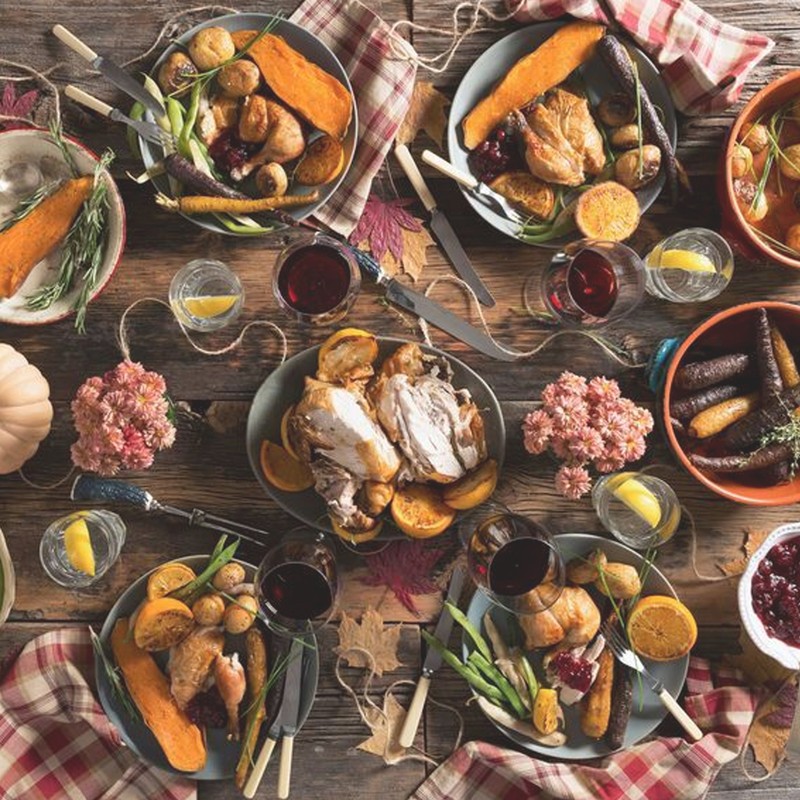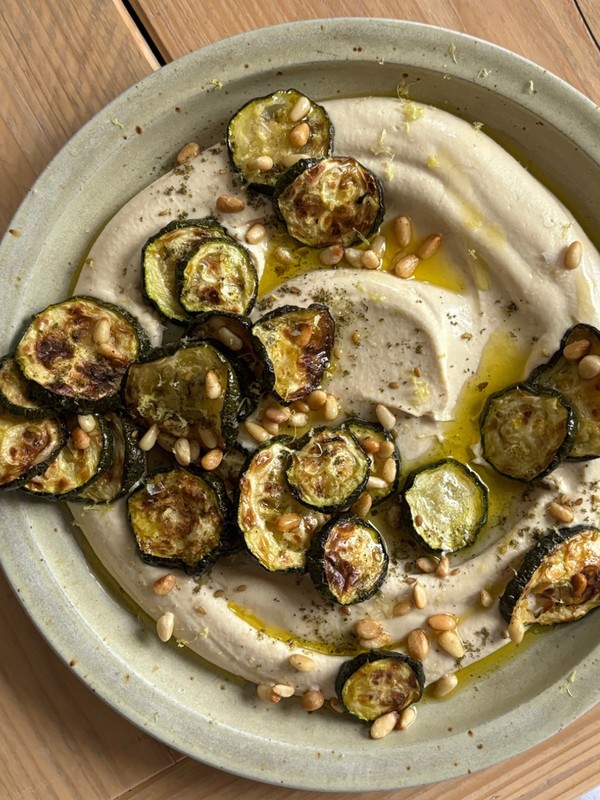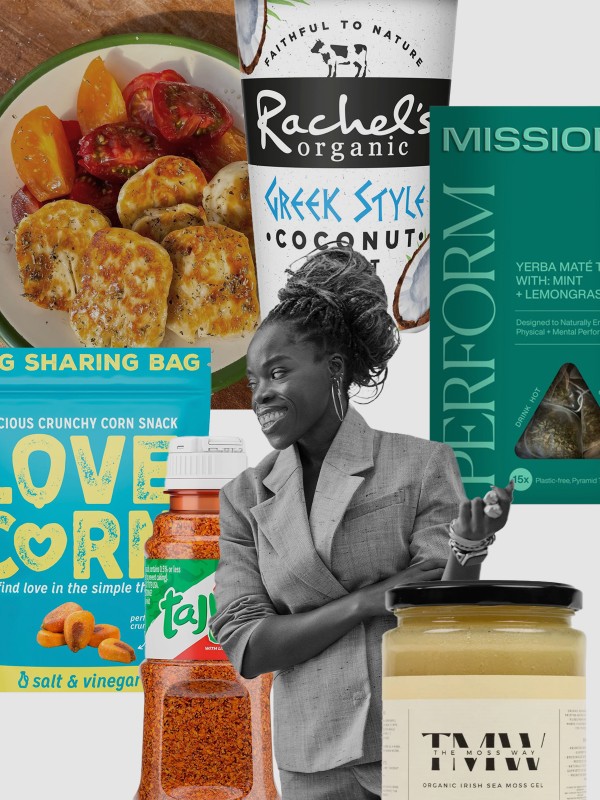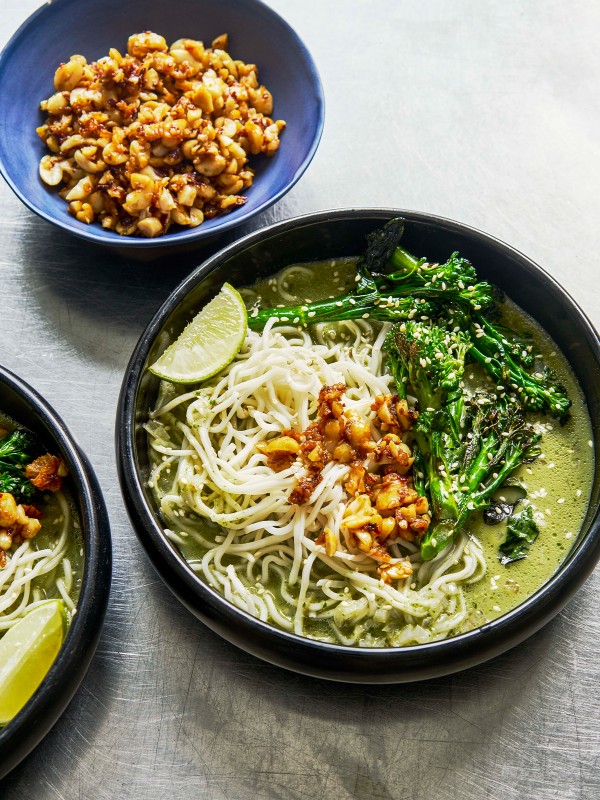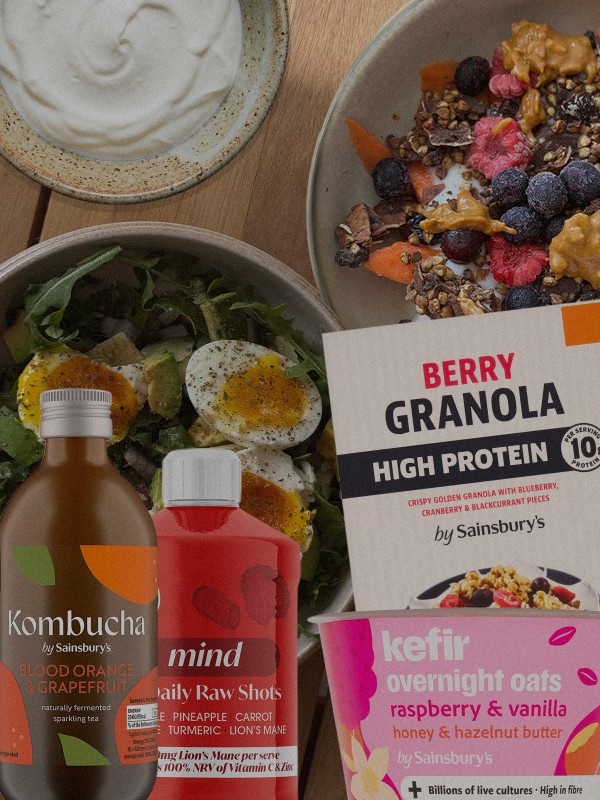How To Eat Seasonably
A BBC poll revealed that fewer than one in 10 Brits know when some of the UK’s most well-known fruits and vegetables are in seasons – of the 2000 people polled, 86% of people believed eating seasonally was important, but only 5% could say when blackberries were at their finest, and 4% knew when plums were at their peak. Beyond the effects it could be having on the cost of food and the problems it could be causing environmentally, we’re also ruining the taste of some of best foods Britain has to offer. We spoke to Rob Moore, Manager of the Eat Seasonably campaign, to see how we could all do better.
Why is eating seasonally important?
While it’s easy to enjoy blueberries with your breakfast in winter, being accustomed to buying whatever we want, whenever we want it, means we are increasingly becoming disconnected from our food and its relationship with nature. Our research shows that most people aren’t sure when the majority of British fruit and vegetables are in season, which is a real shame as it means they’re missing out on when they’re at their absolute best.
In the UK, we now import half of our vegetables and almost 90% of our fruit, and are even importing native crops like cauliflower and onions during their natural season. In the winter, the whole of Europe now sources 80% of its fresh produce from one region in southern Spain – the vegetable crisis of the last two winters highlighted the urgent fragility of that situation. Eating seasonably encourages the local production that we need to be more self-sustaining.
It's also better for the environment: growing fruit and veg locally in season requires much lower levels of artificial inputs like heat, light, fertilisers, pesticides and transportation than at other times of the year.
What are the benefits of eating seasonally?
Eating with the seasons means getting back in touch with nature’s rhythms and eating the right things at the right time. What could be more delicious than a crisp salad when it’s hot and sunny or a wholesome stew when it’s cold? Ask any chef and they’ll tell you that fruit and veg are at their freshest and tastiest when they’ve just been picked, so why settle for strawberries in winter or asparagus in autumn when they’re not going to be at their peak?
As well as a better taste, eating seasonably means better value: when crops are locally grown and more abundant they tend to be cheaper. Our research shows that a basket of fruit and vegetables bought in season can be a third cheaper than the same basket bought out of season.
How can you find out what’s in season at certain times?
Eat Seasonably helps everybody to enjoy fresh fruit and veg at its seasonal best. Our not-for-profit campaign launched in 2009 and has been supporting seasonal eaters since then, through the website and Facebook page . There's a calendar of what's in season and when, plus tips and advice of what do with the fruit and veg heroes of the month.
When in supermarkets, check the label - if it says it's grown in the UK, it's good to eat.
What’s in season now?
Our heroes in October are corn on the cob and Cox's apples. There are loads of other fantastic seasonable options, including squash, red cabbage, kale, carrots, greens, leeks, pears, gala apples, blackberries (if you're lucky) and, of course, pumpkins – just in time for Halloween.
What are some unexpected foods that are in season now?
You might not have known that potatoes have a season but it's actually just starting - British spuds are being harvested now and will be at their freshest and best for the next three months.
If you can find any figs then they're ready and really good to eat now. It's also a great time to eat wild mushrooms. Finally, if you're looking for local fish and seafood, many of our native fish are in season now including mackerel, haddock and pollack.
What To Eat And When:
January – March
- Beetroot
- Brussel sprouts
- Leeks
- Apples
- Cauliflower
- Parsnips
- Haddock
- Mackerel
- Lobster
- Spring onion
April – June
- Asparagus
- Broccoli
- New potatoes
- Basil
- Prawns
- Salmon
- Lamb
- Broad beans
- Mangetout
July – September
- Aubergine
- Cucumber
- Carrots
- Courgettes
- Strawberries
- Peaches
- Melon
- Beef
- Crab
- Trout
October – December
- Apples
- Blackberries
- Figs
- Pears
- Sol
- Cod
- Clams
- Chestnuts
For more information, visit EatSeasonably.com
DISCLAIMER: We endeavour to always credit the correct original source of every image we use. If you think a credit may be incorrect, please contact us at info@sheerluxe.com.
